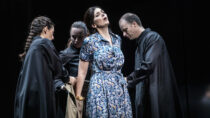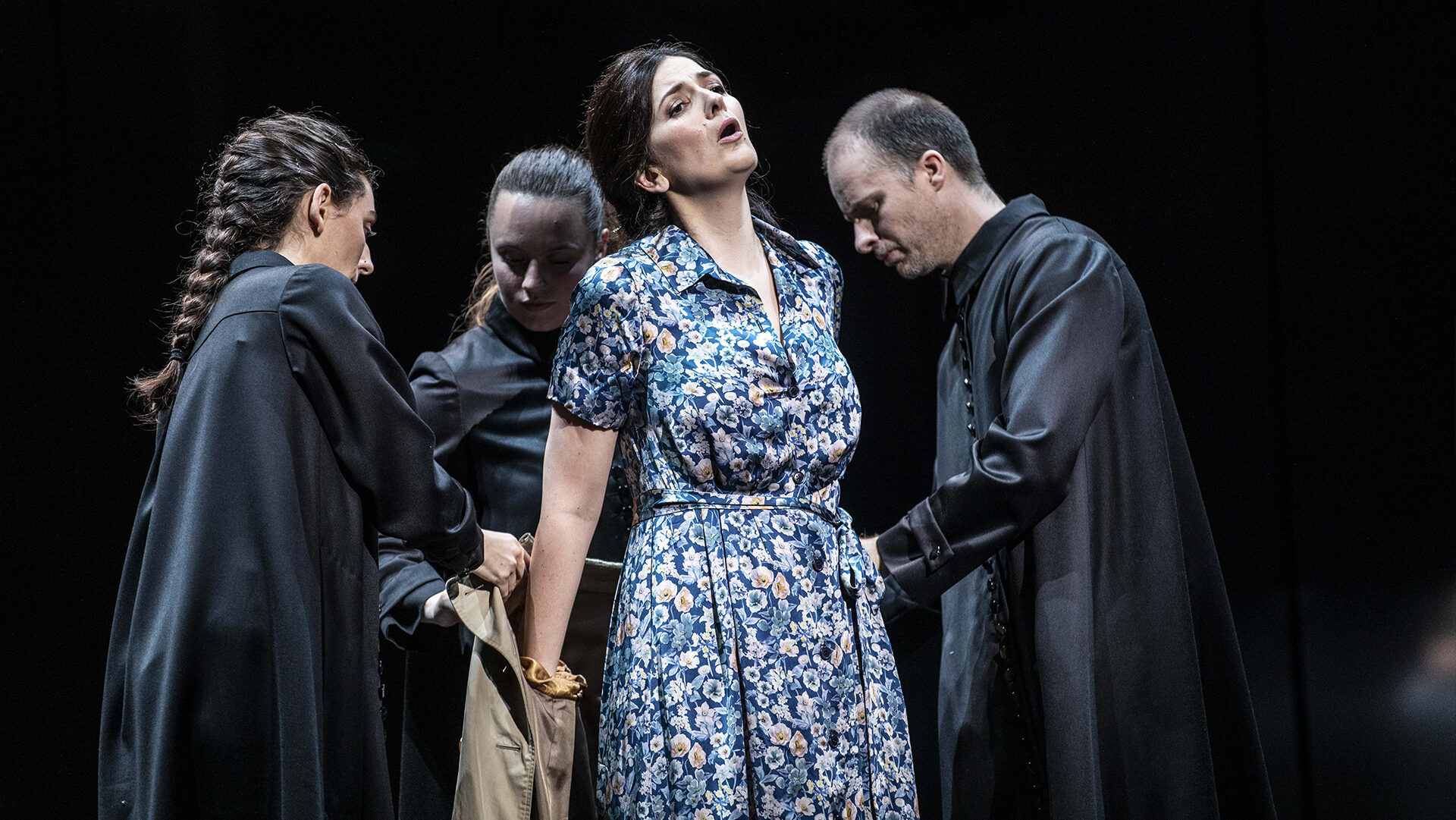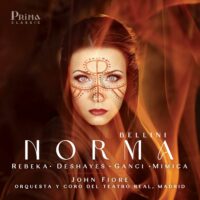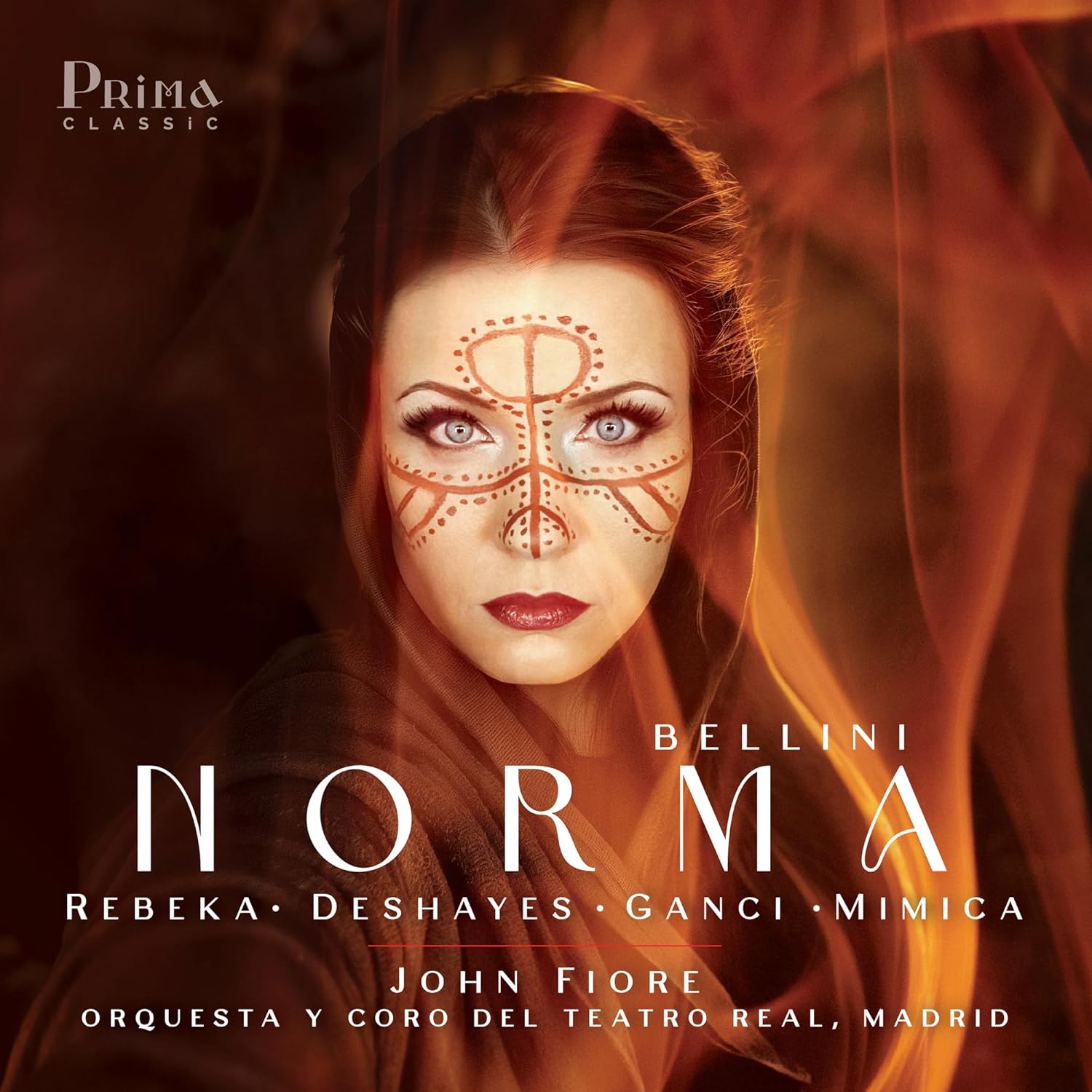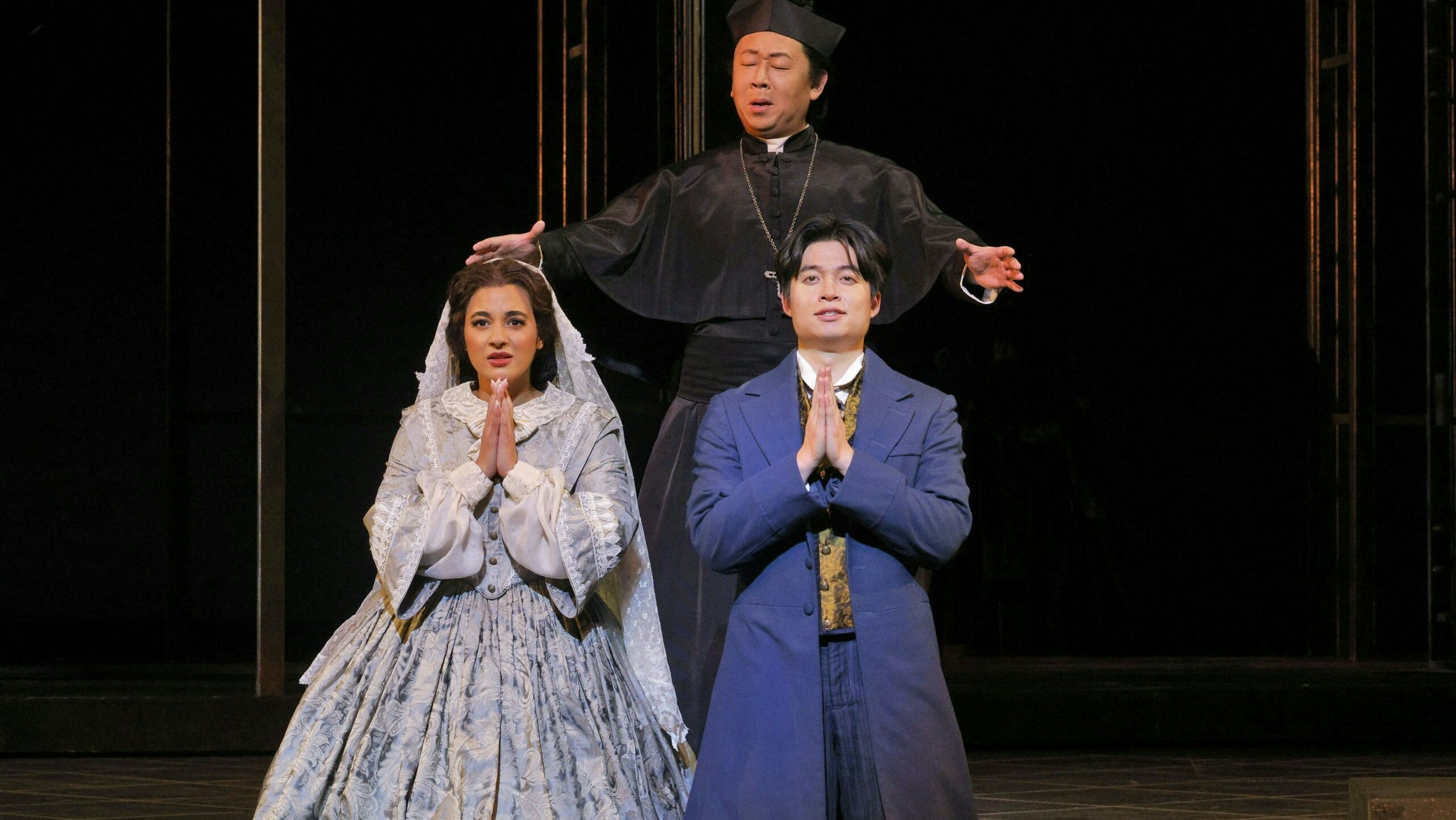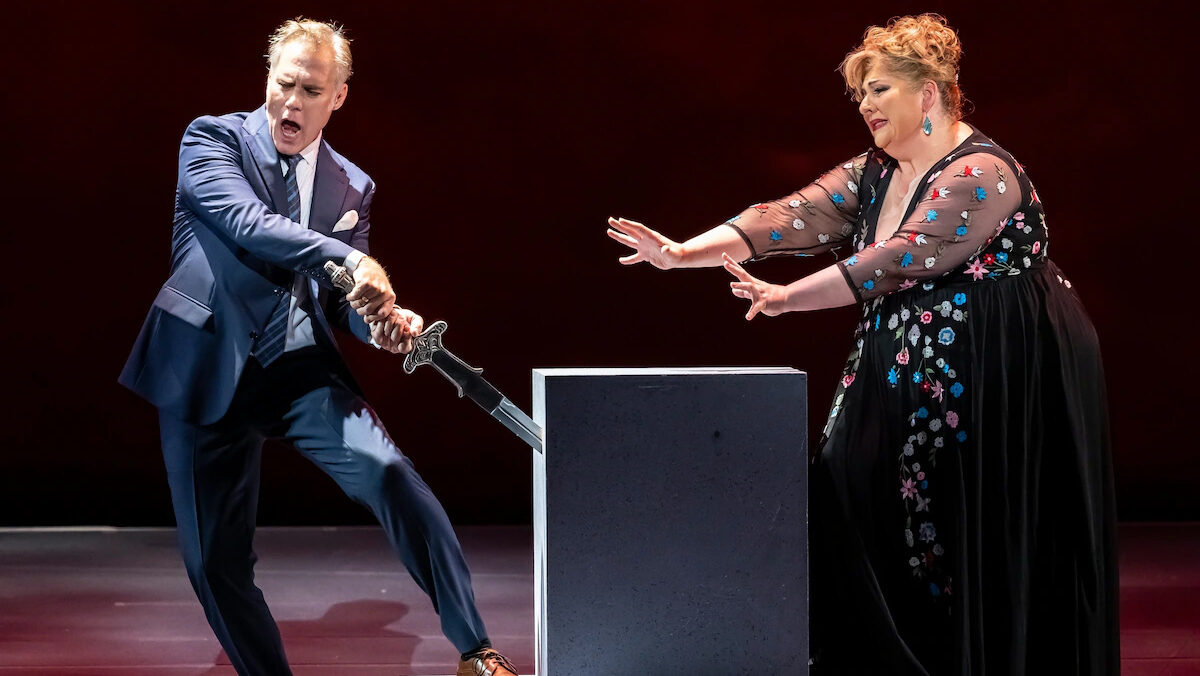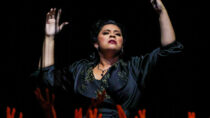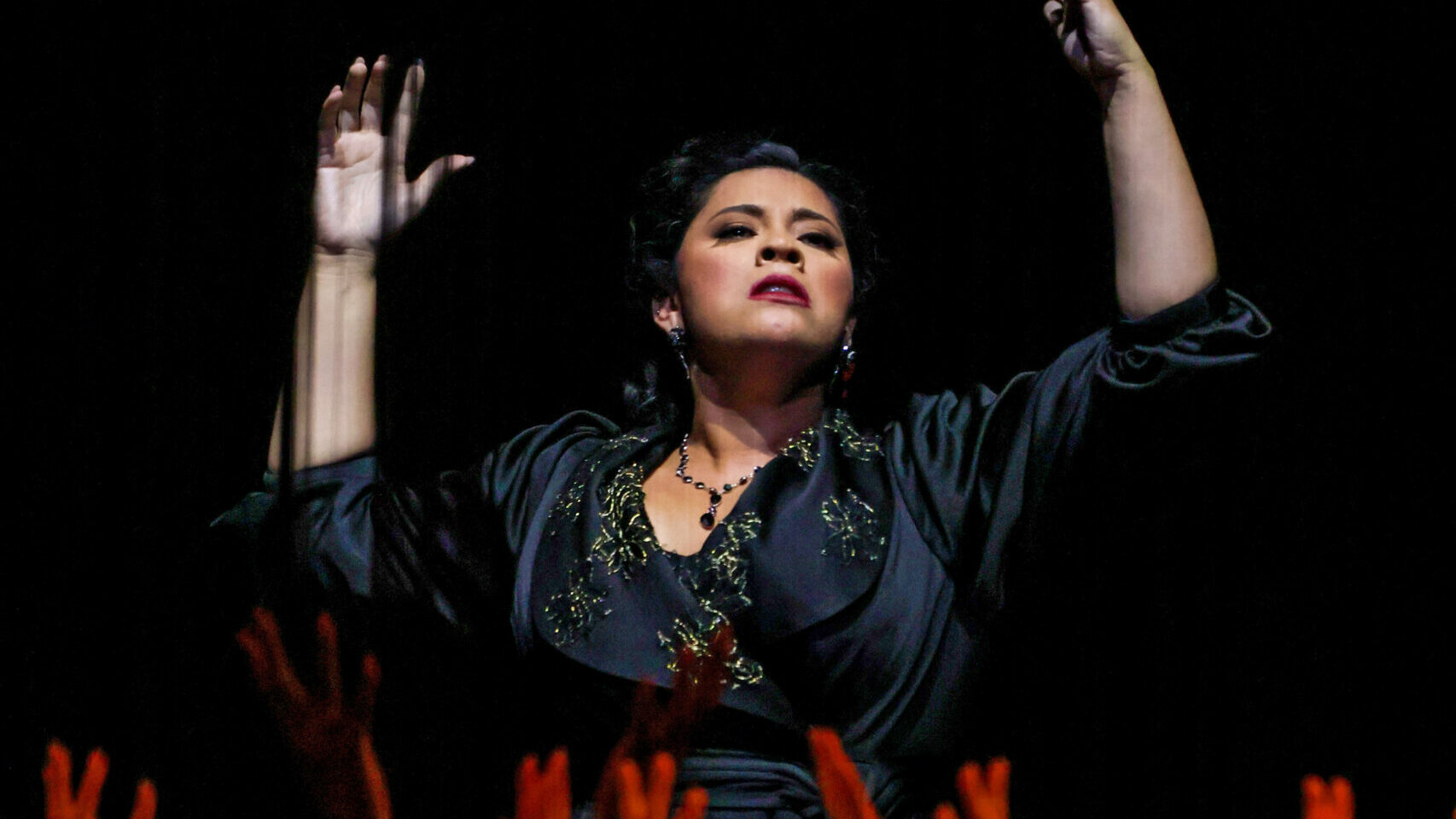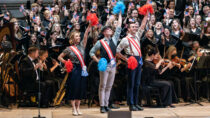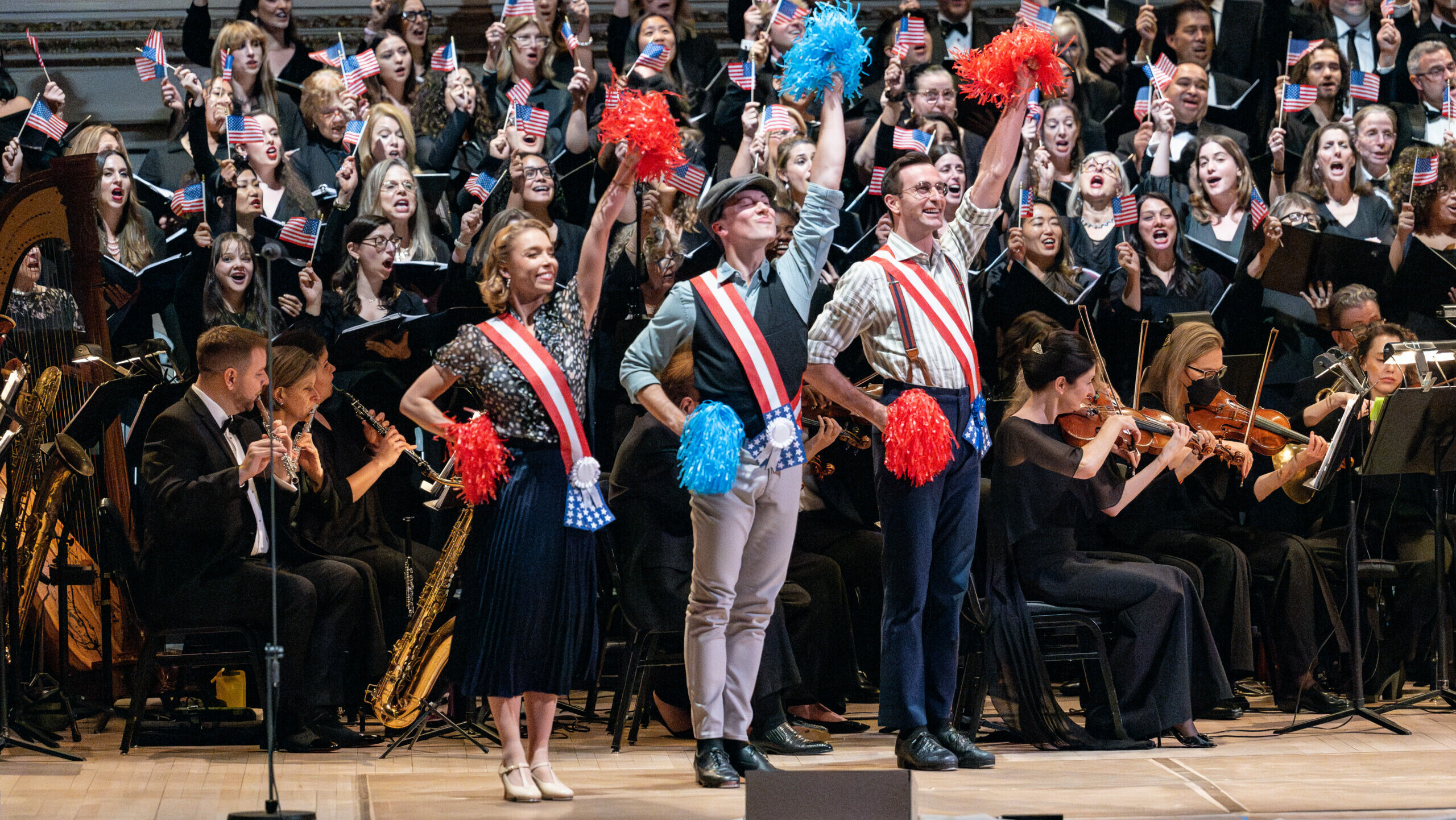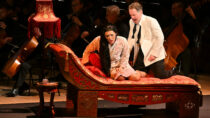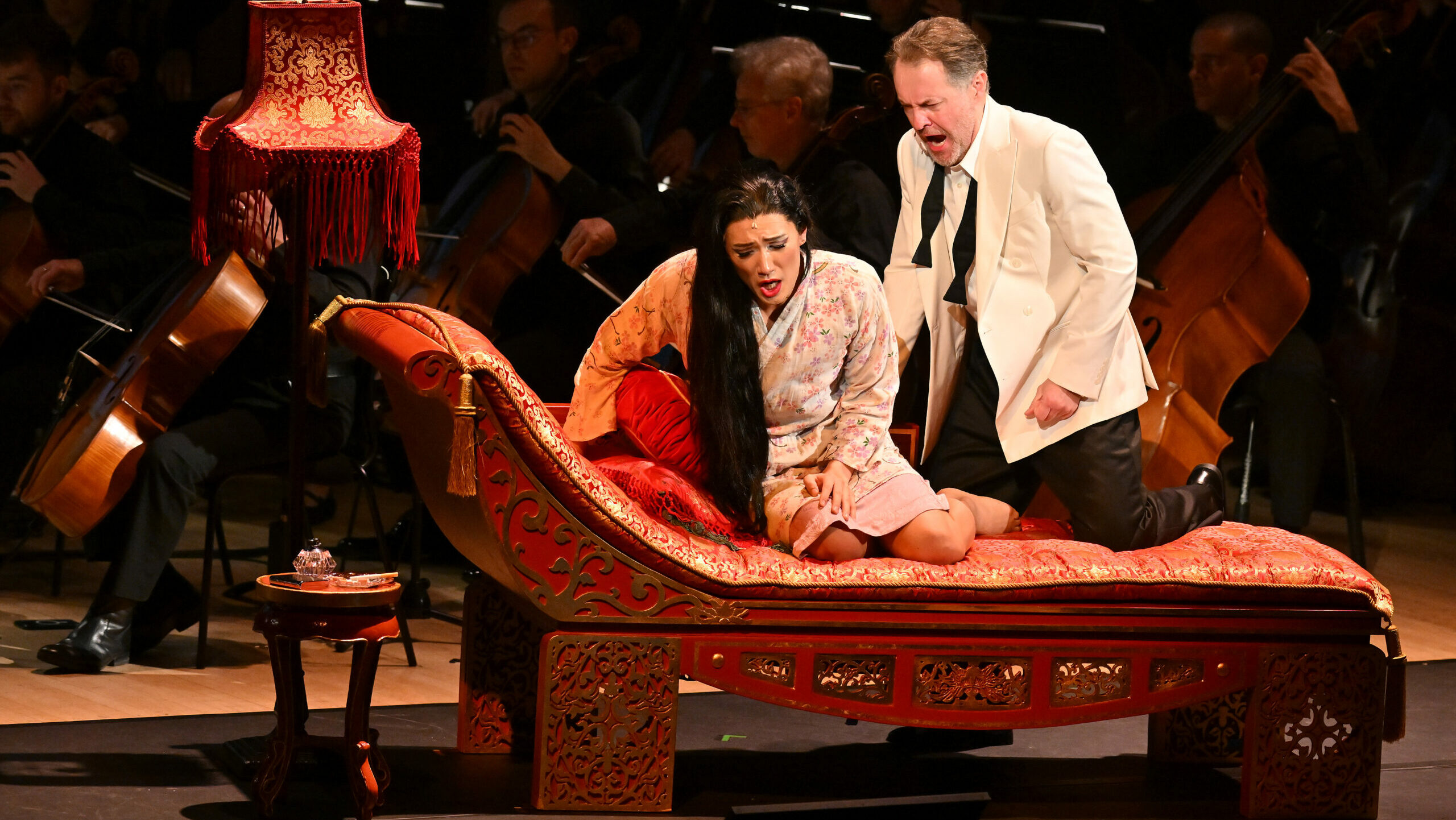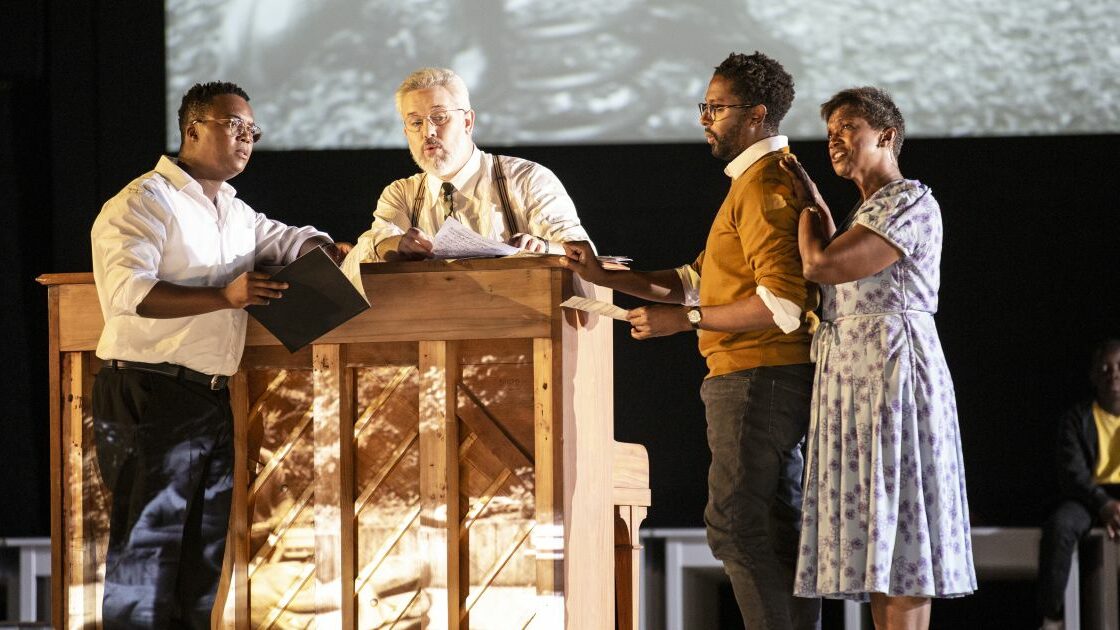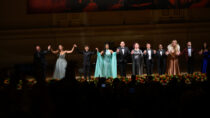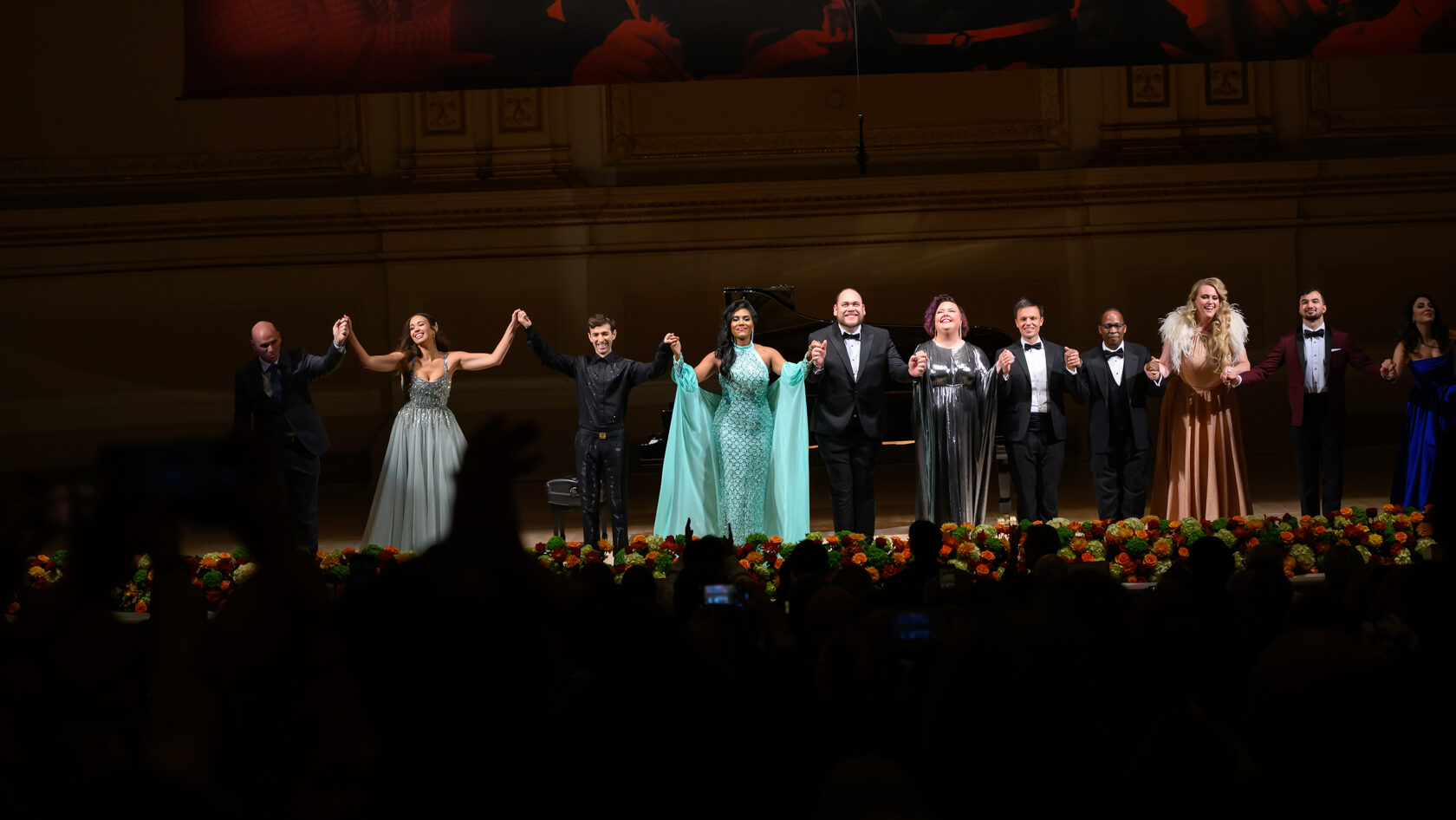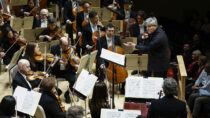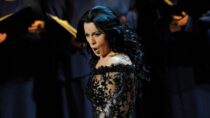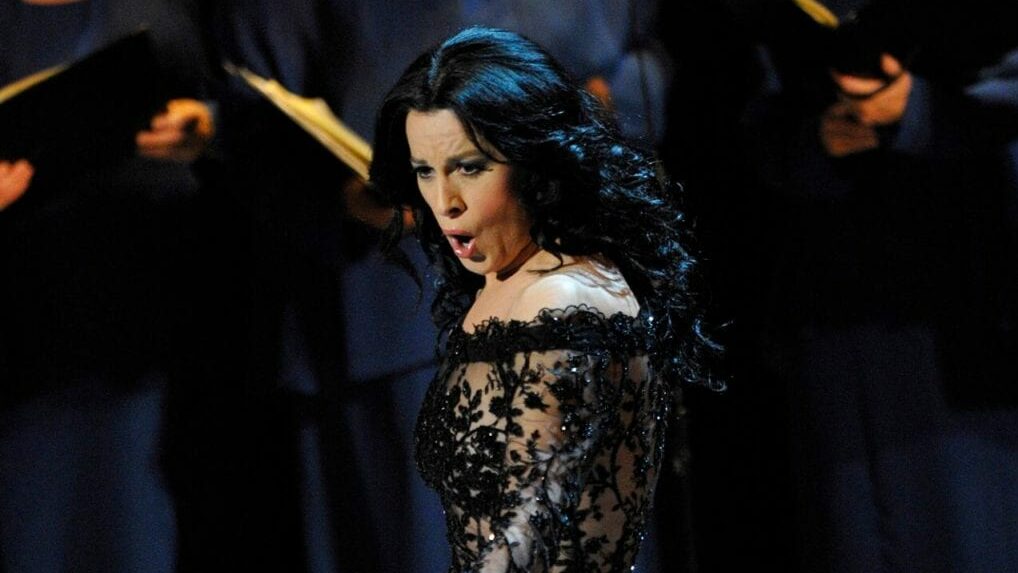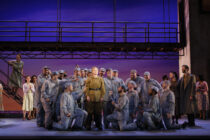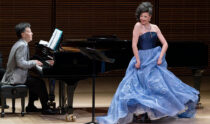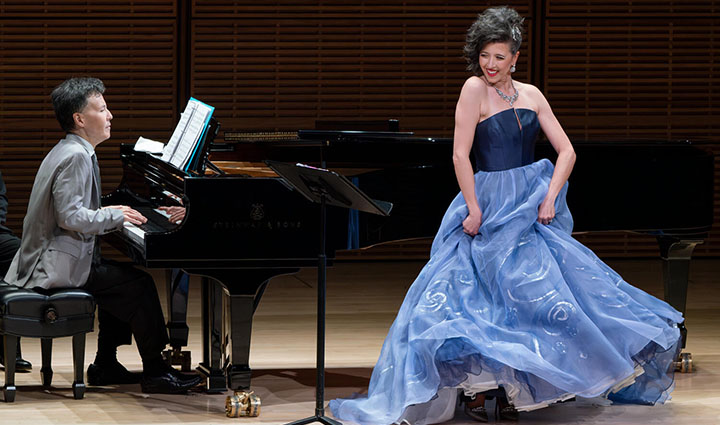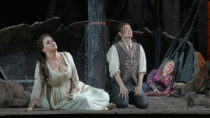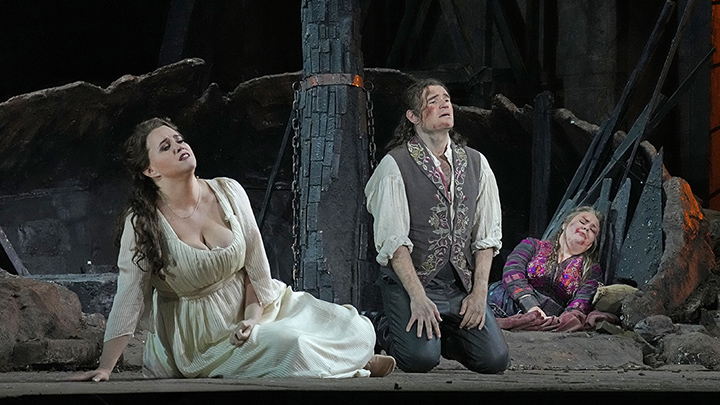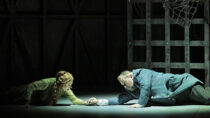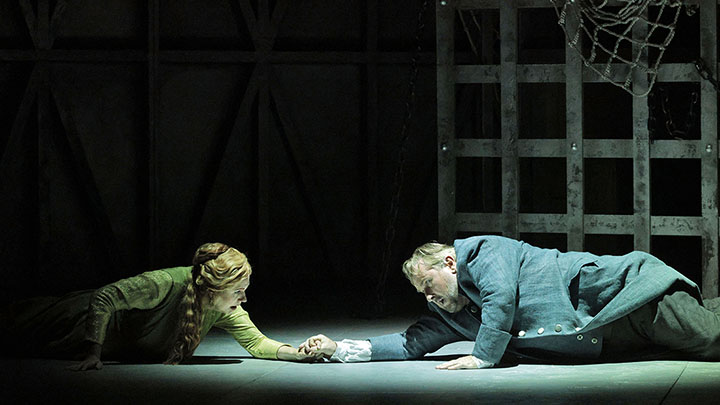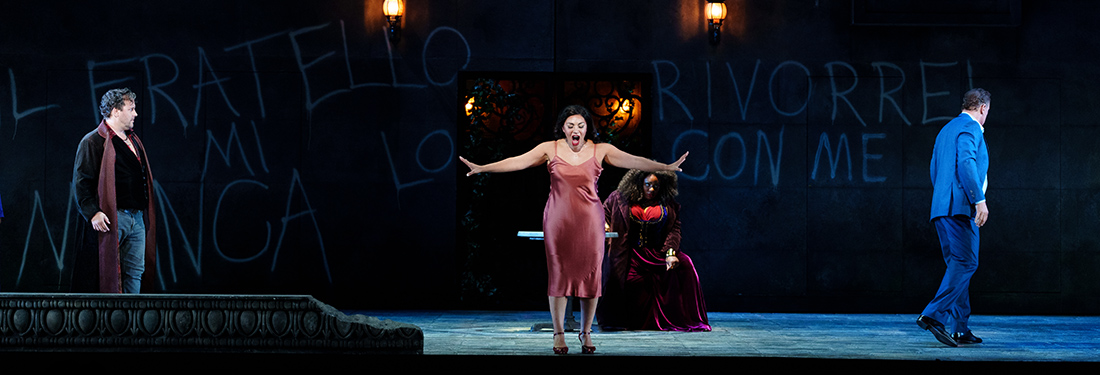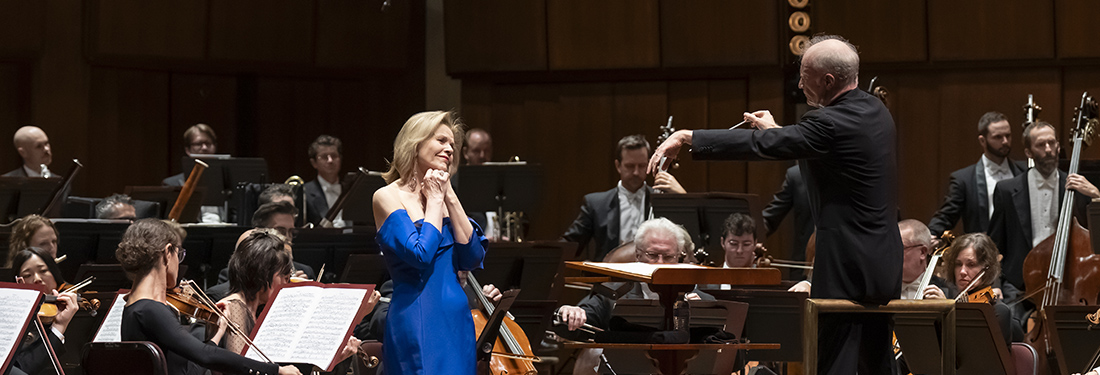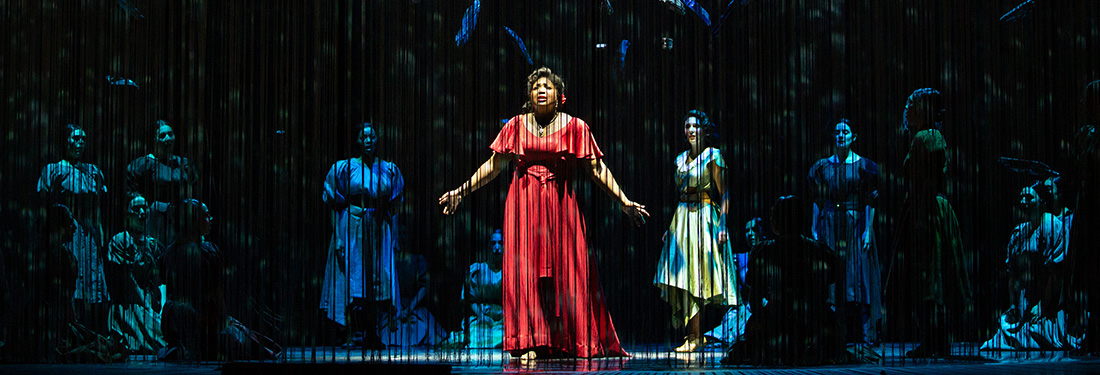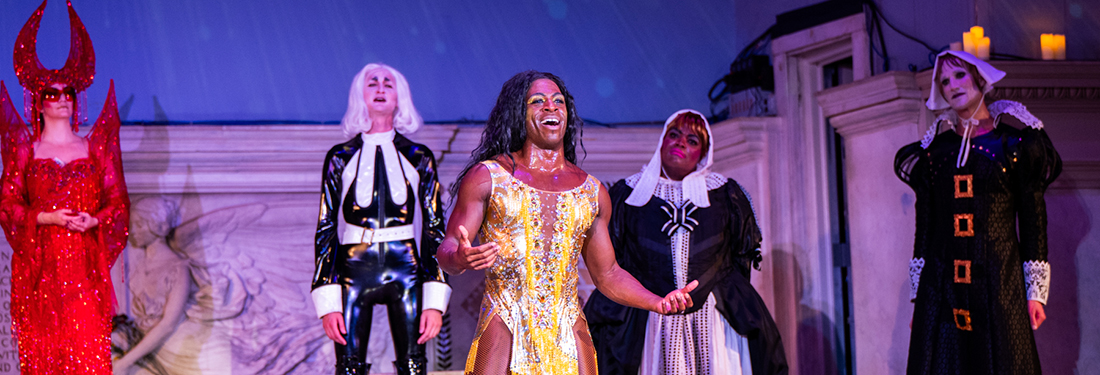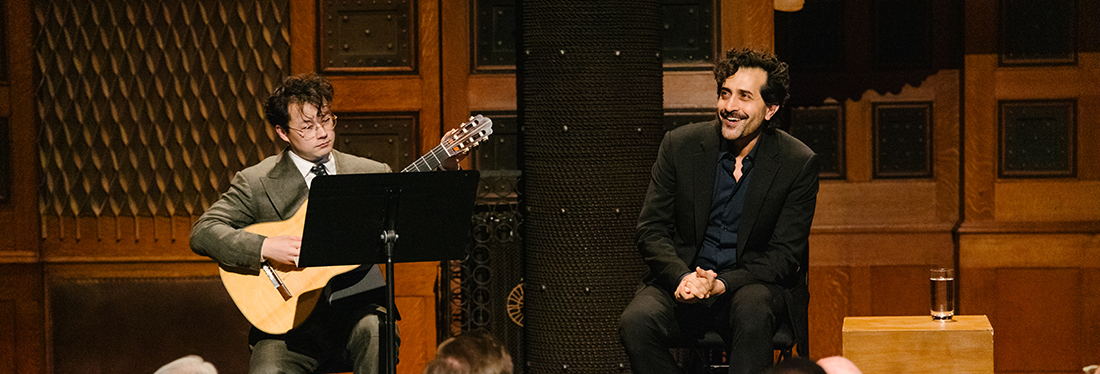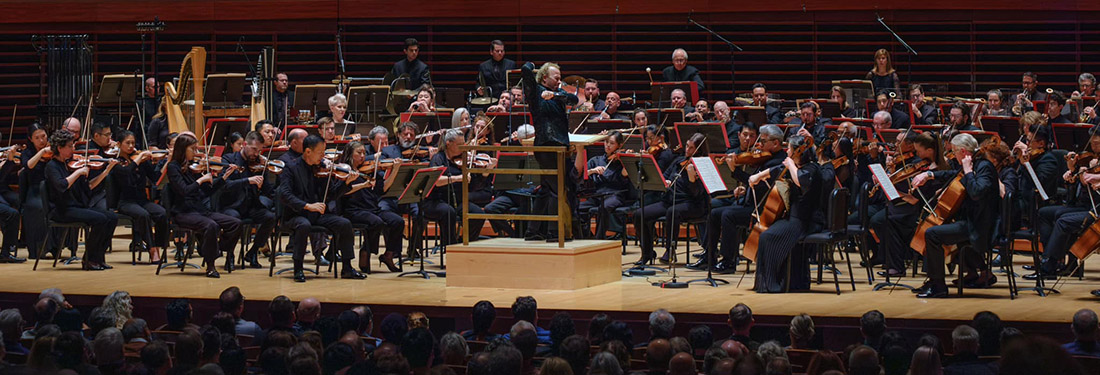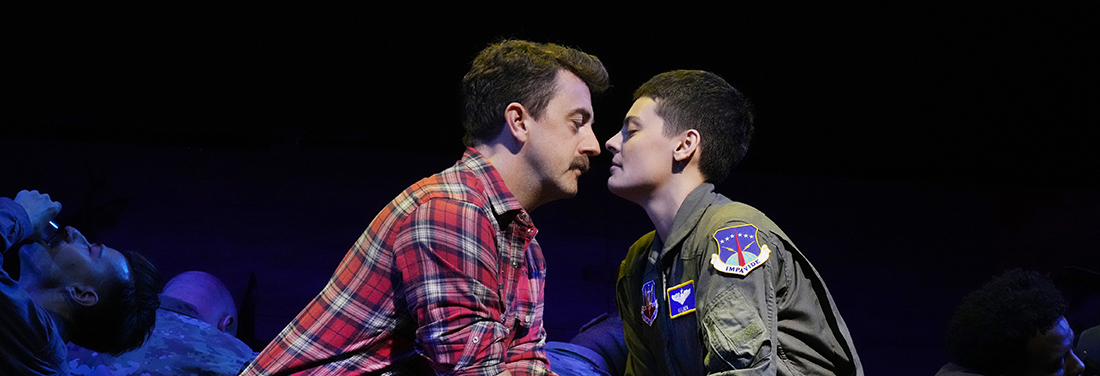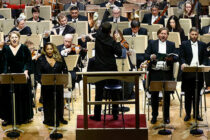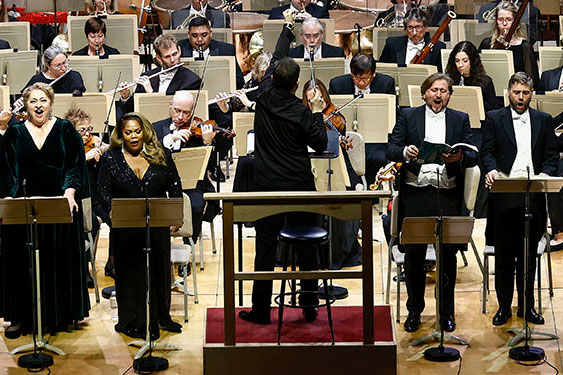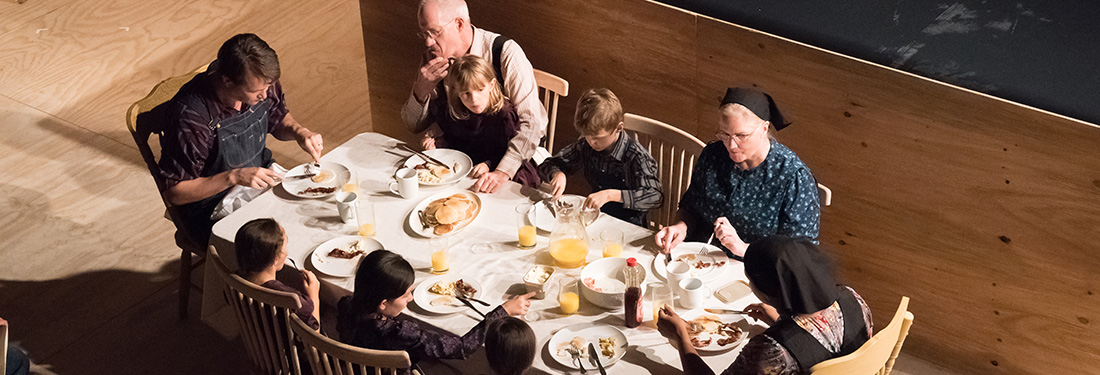
My first opera of the new season in Paris, after kicking off in Brussels with Kris Defoort’s thought-provoking The Day of our Singing, was another nearly-new work, totally new to me: Sir George Benjamin’s Picture a day like this.
In a splashy new recording of Norma, Marina Rebeka “is doing something very untoward, and it appears destructive to her voice.” It has Niel Rishoi worried.
It surprises even me how some operas have eluded me in live performance even after lo, these many years. One of them is Gounod’s Roméo et Juliette.
Washington National Opera rounded out its season opening weekend with a one-night-only performance entitled “Gods & Mortals: A Celebration of Wagner” the evening after the premiere of its new production of Fidelio.
Ainadamar functions on two levels: as a defiant dance against fascist totalitarianism and as an exaltation of the diva.
Strike Up the Band! cried the brothers Gershwin (and book-writers George S. Kaufman and Morrie Ryskind) in the first of their three satirical, vaguely political operettas—sort of jazz Gilbert & Sullivan—that they dreamed up in the late 1920s.
A revival of Huang Ruo’s M. Butterfly, a co-production between the Barbican and BBC Symphony Orchestra, landed in London last week.
Nigel Wilkinson reviews Kris Defoort‘s kaleidoscopic, unsettling new opera in Brussels.
The Richard Tucker Foundation Gala has always been a big annual celebration of the voice with an emphasis on big-voiced singers in big repertoire (not much Wagner usually, though…). Like so many reliable operatic institutions it has struggled for survival after the pandemic.
Aside from a tour with the LSO this spring, this was, I believe, the only time Antonio Pappano would be conducting in the US this season. This made the concert at Symphony Hall a real treat.
Happy was I to attend the Celebrity Opera Series presentation Saturday night at BroadStage, mere blocks from my humble abode in Santa Monica as Anglela Gheorghiu was making an eagerly awaited return for the first time since her debut here in 2013.
If Zambello’s season-ending Turandot last year represented some of the best of what WNO can offer in the standard rep, this Fidelio was a regression to the mean.
Lisette Oropesa, a product of the Metropolitan Opera Lindemann Young Artist Program, has not been seen much on the stage of the Met in recent seasons.
Rare is the revival of Il trovatore that boasts five first-rate singers, and such an occasion should be treasured. And so, at the Met last Saturday, it was.
Sparks flew when the San Francisco Opera opened their new production of Richard Wagner’s monumental Tristan und Isolde on Saturday, October 19th, at the War Memorial Opera House.
For the opening night of Il Trovatore, Houston Grand Opera’s new production aimed high, bringing together a star-studded cast and a fresh, contemporary take on Verdi’s intense drama.
In concert with Renée Fleming’s quietly authoritative stage presence, the performance offered frequent reminders of the special affinity between this singer and Strauss’s aristocratic women.
Ainadamar never quite found its identity between the two poles of conceptual and concrete.
Double double, toil and trouble, y’all, and happy spooky season from Slaylem. (It’s like Salem, but fun.)
Karim Sulayman’s intentions are to demonstrate links and roots, in themes musical and poetic, crossing every boundary of culture, religion, nationality, genre.
Maximalism was on the menu last weekend at the Philadelphia Orchestra.
It’s not so much that I hated the Met Opera’s Grounded. I’m just not convinced that it should have been an opera.
Mahler’s 8th Symphony is an enormous and enigmatic work.
The music was at every point dramatically compelling, without seeming cheap or manipulative.
